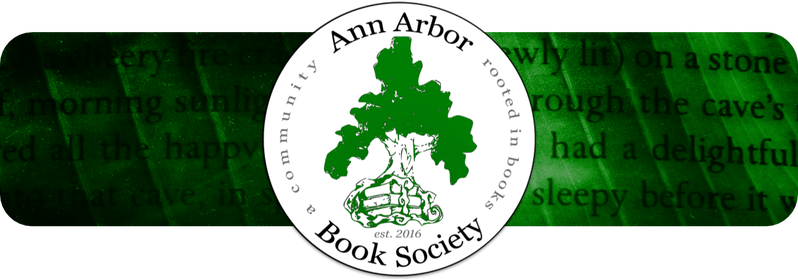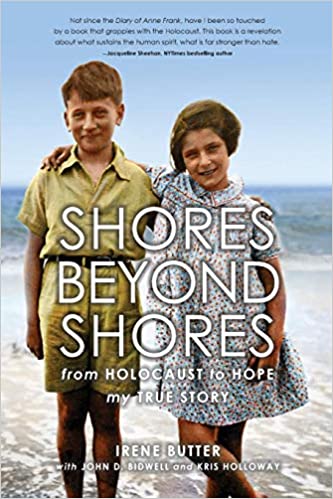“I was a lucky child,” Irene Hasenberg Butter states at the beginning of her memoir, Shores Beyond Shores: From Holocaust to Hope, an extraordinary claim, since she chronicles her family’s grisly Holocaust experiences. But she’s right: although her early life paralleled Anne Frank’s, her end is vastly different.
This memoir has all the requirements for a best-selling thriller: noble heroes, innocent heroines, wicked oppressors, tremendous conflict and fears, and a rewarding ending that raises questions that can change a reader’s life.
Born into a wealthy Jewish family in a rapidly radicalizing Berlin in 1936, the U-M professor emeritus is Washtenaw’s last remaining Holocaust survivor. When the Nazis confiscated her father’s bank, the Hasenbergs moved to Amsterdam in 1937, but Amsterdam wasn’t far enough away from horrors.
In 1943, the Hasenbergs narrowly avoided the first Nazi deportment of Amsterdam’s Jews. Irene’s Pappi frantically attempted to obtain Ecuadorian passports for the family, but before they arrived, the Hasenbergs were sent to Camp Westerbork. For months, they avoided the dreaded roll call for concentration camps, remaining long enough for another miracle: rhe passports’ delivery just before they were deported to the dreaded Bergen-Belsen extermination camp.
Through an astounding combination of timing, miracles, and help from outsiders, Irene’s family remained alive and together. When their future looked hopeless, yet another miracle occurred. The Hasenbergs were all chosen for a prisoner exchange in Switzerland.
When 15-year-old Irene landed on America’s shores 1945, her relatives urged her to forget everything that happened. She taught herself English, graduated from Queen’s College, earned a doctorate in economics from Duke University, married, became a U-M professor, and had two children. Through those decades, she kept silent about her “lucky” childhood—until a visit to her daughter’s high school classroom convinced her of the power and obligation of her testimony.
“I didn’t ask to go through the Holocaust, but I was saved through the miracles of luck and the love and determination of my Pappi. I owe it to him and everybody who suffered to talk about what I learned, because suffering never ends, so our work must continue.”
—An award-winning journalist, Cynthia Furlong Reynolds has written a dozen histories, a dozen children’s books, many life stories, and regularly contributes articles to the Ann Arbor Observer
Featured in July 2019 newsletter


